As we continue to march toward visibility, tolerance, and true equality, there's still a tremendous amount of work ahead for the LGBTQ+ community, particularly for young people.
Young people today are faced with an alarming volume of stress and anxiety about everything. It's a trying time to be young today between the political fearmongering of their identity, the heaviness of global unrest and injustice, and the uncertainty of one's personal future or fulfillment.
We all seem to agree the state of youth mental health is in an unprecedented crisis. Whether social media is to blame or the long-lasting impacts of isolation following a global pandemic, we generally agree something needs to be done. However, any meaningful change often feels distant and, at times, perhaps even unattainable. Even for those who can access care, the treatment path is inefficient. Shortages of behavioral health clinicians often mean wait times of weeks to months before an initial appointment. Costs continue to rise, adding another barrier to better mental health.
 Shutterstock Creative
Shutterstock Creative
Simply put, enough isn't being done – not when it comes to youth mental health and certainly not when it comes to LGBTQ+ youth mental health.
Real change and lasting impacts are only achieved when we work together, and in this case, that means through public-private partnerships. Government entities, educational systems, and tech innovators must work together to offer FREE, equitable mental health solutions available to everyone, especially marginalized communities.
The Trevor Project, a nonprofit organization committed to suicide prevention in the LGBTQ+ community, recently released its 2024 National Survey on The Mental Health of LGBTQ+ Young People. The results are devastating: 39% of LGBTQ+ young people seriously considered attempting suicide in the past year, with an even higher percentage for LGBTQ+ youth of color compared to their white peers. Twelve percent attempted suicide. Among non-binary and transgender youth who took the survey, 46% considered attempting suicide. Many of the suicide attempts are tied to bullying, with 49% of LGBTQ+ ages 13-17 experiencing occurrences in the past year.
And even for those who wanted to seek help, 50% of those who wished for mental healthcare were unable to receive it in the past year.
We know that 20 million young people – or one in five children – in the U.S. have a mental health condition, but only an estimated 20% of those young people ever receive care. Many researchers believe this number is even higher due to the many barriers to care, ranging from social stigma to lack of access and costs.
Fortunately, there are great options for those seeking care through digital behavioral health platforms, many designed specifically for children, teens, and young adults, whose needs differ from adults. But accessing these tools assumes knowledge of the platform, the device to access it, and all associated costs. In other words, without a public partner, we risk not reaching our marginalized communities—often those who need it most.
 Shutterstock
Shutterstock
We need both equity of awareness and access. This requires a comprehensive approach that partners governmental and education support systems with the private sector's tech innovators to build solutions.
California is a remarkable example of how to bring these partnerships to life. Today, an estimated 13 million children, teens, and young adults have free access to two digital mental health and wellness apps. As part of California Gov. Gavin Newsom's groundbreaking $4.7 billion investment in behavioral health, everyone 25 years old and younger has access to these apps: Soluna for those 13-25 years old, and BrightLife Kids for those 12 and under (and their families and caretakers). Newsom has made an incredible commitment to youth mental health, focusing on ensuring equity of access for marginalized communities who face disproportionate barriers to access through his Master Plan for Kids' Mental Health and the Children and Youth Behavioral Health Initiative.
The California initiative can serve as a blueprint for other states, counties, and boards of education to make a meaningful, impactful commitment to addressing the youth mental health crisis.
It's time we take action.
Our young people need us today more than ever and LGBTQ+ youth deserve an unwavering ally to ensure their mental health is protected and strengthened. There has never been a better time to take action than today.
Dr. Beth Pausic, Psy.D., is a clinical psychologist who oversees clinical quality and excellence at Kooth Digital Health, a youth behavioral health platform accessible to 16M people worldwide. Before Kooth, Dr. Pausic was the director of behavioral health at hims & hers. Her experience before working in telebehavioral health includes over 15 years as a Clinical Administrator and provider in diverse clinical settings. In her clinical work, she primarily focused on anxiety, depression, and relationships. Dr. Pausic received her doctorate from George Washington University.
Voices is dedicated to featuring a wide range of inspiring personal stories and impactful opinions from the LGBTQ+ and Allied community. Visit Advocate.com/submit to learn more about submission guidelines. We welcome your thoughts and feedback on any of our stories. Email us at voices@equalpride.com. Views expressed in Voices stories are those of the guest writers, columnists and editors, and do not directly represent the views of The Advocate or our parent company, equalpride.


 Shutterstock Creative
Shutterstock Creative Shutterstock
Shutterstock













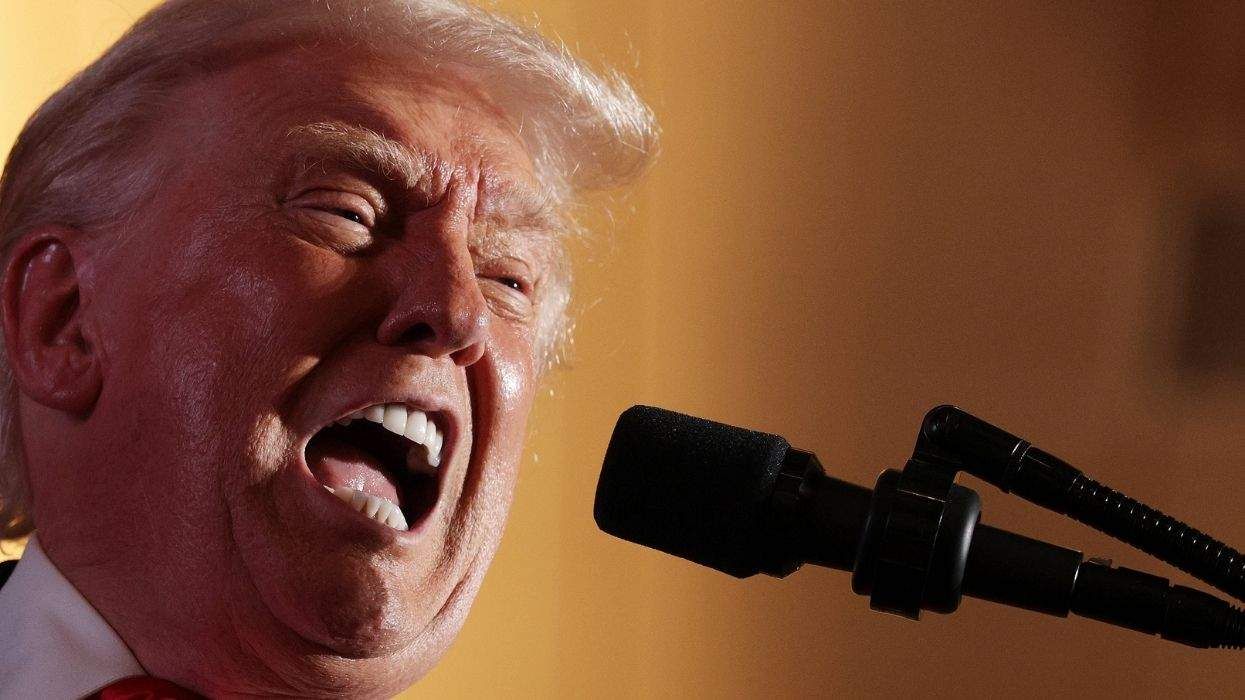

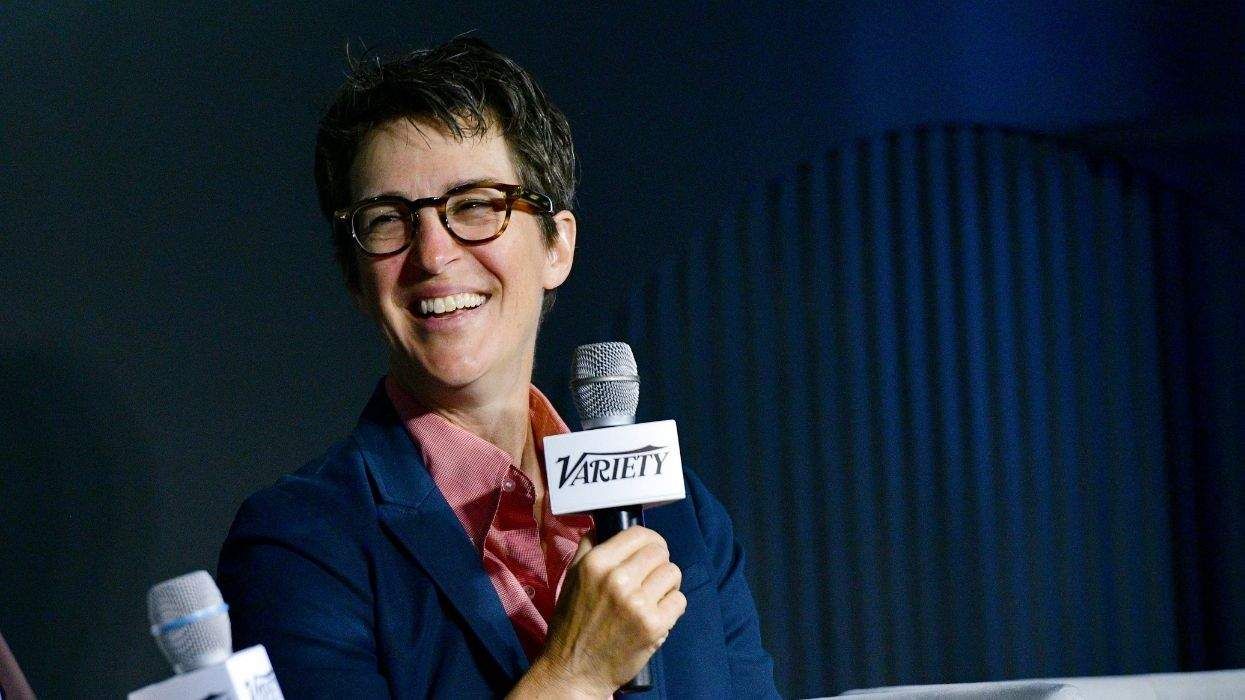
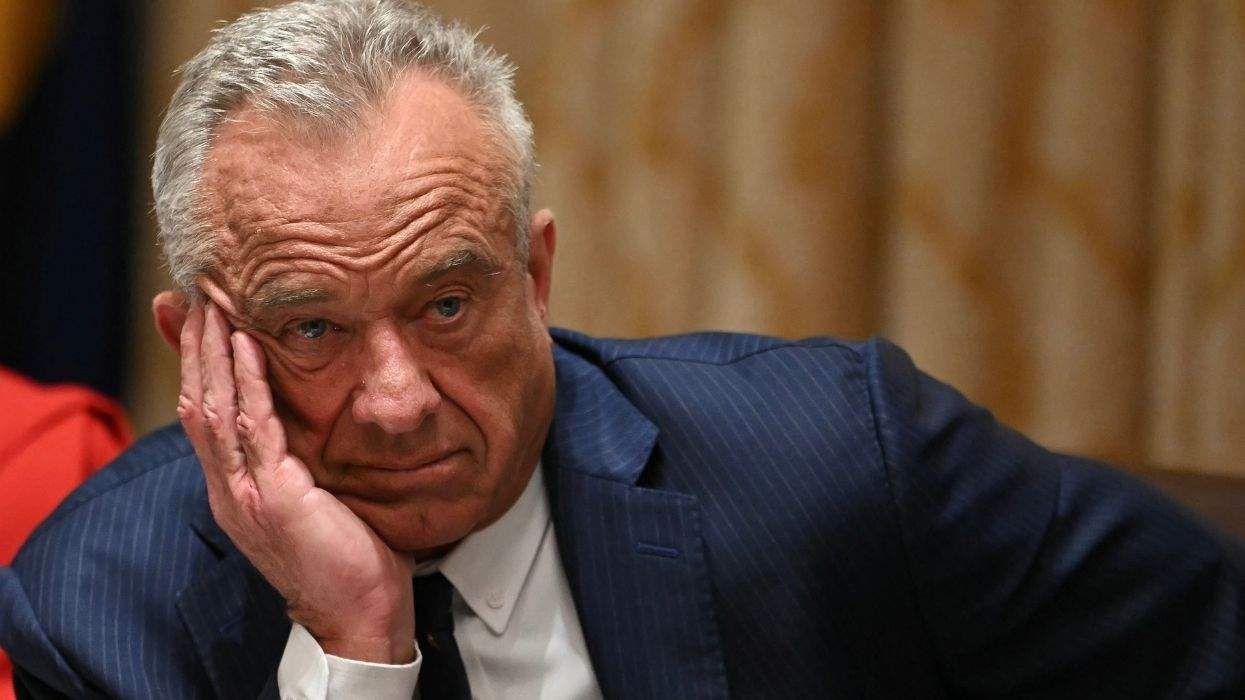

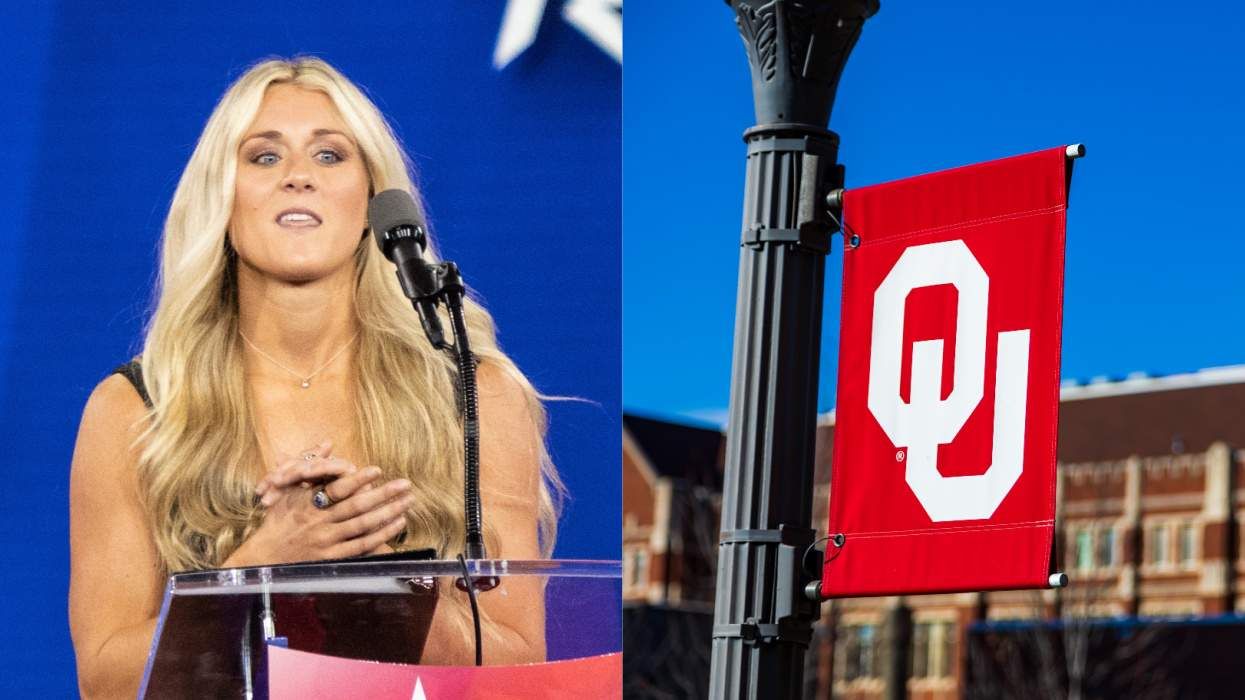
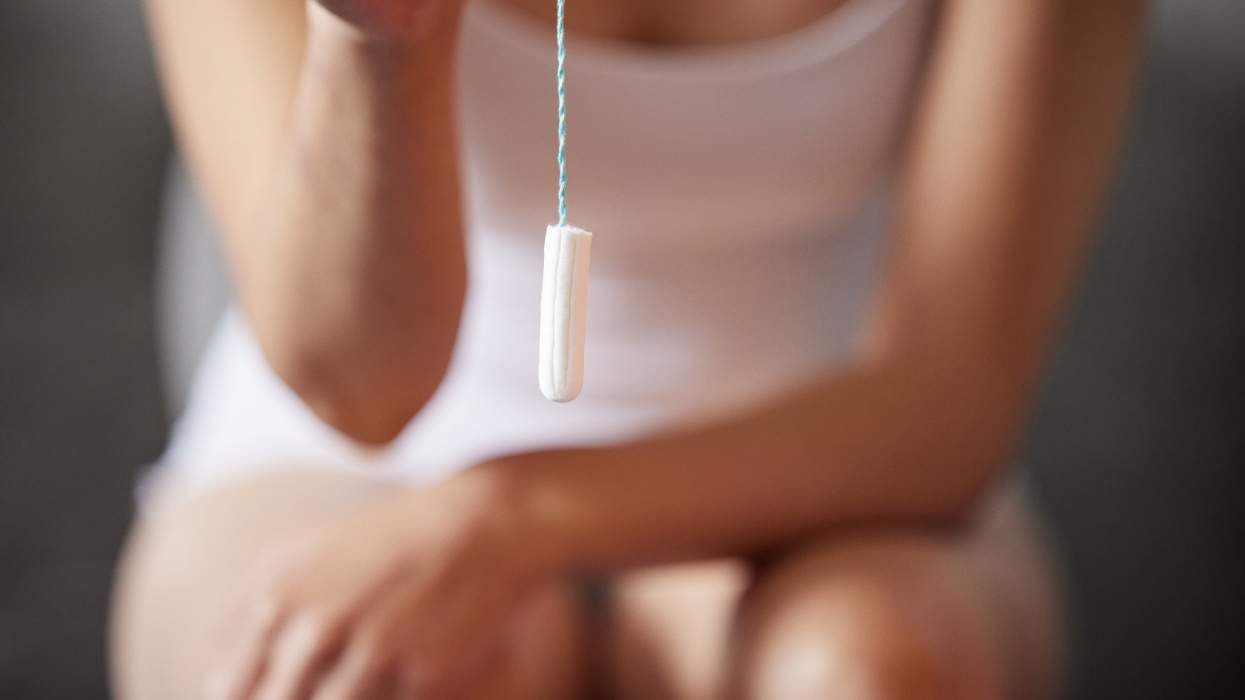

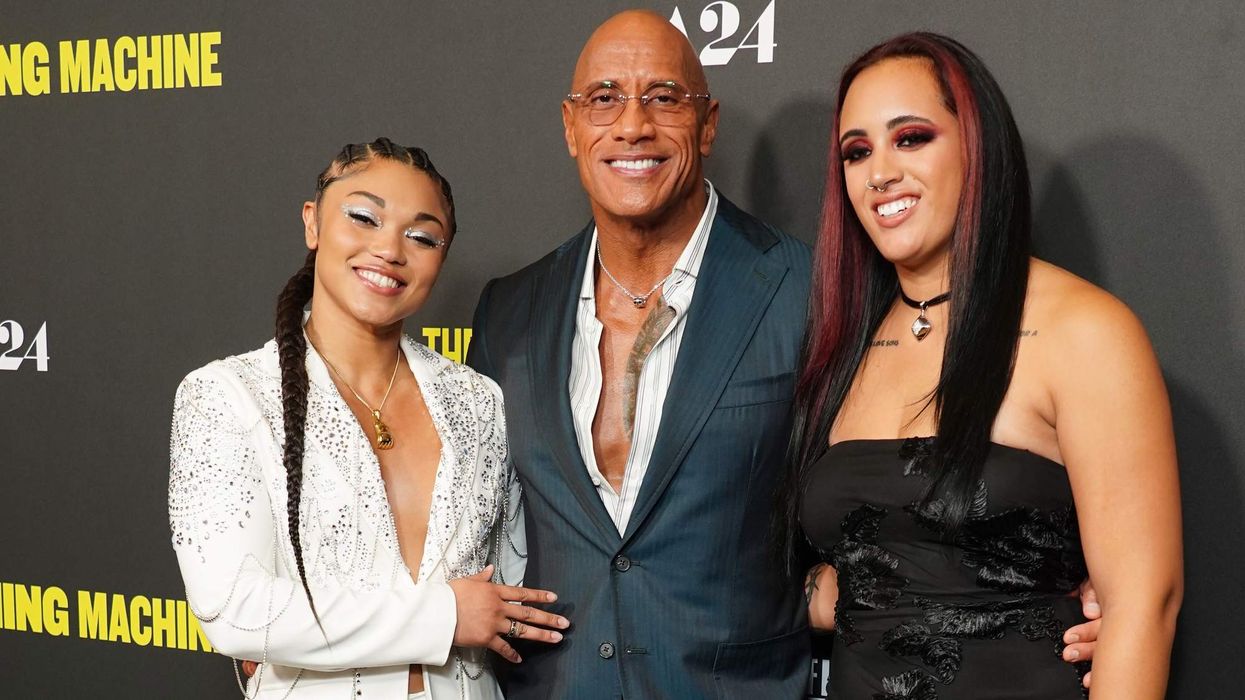
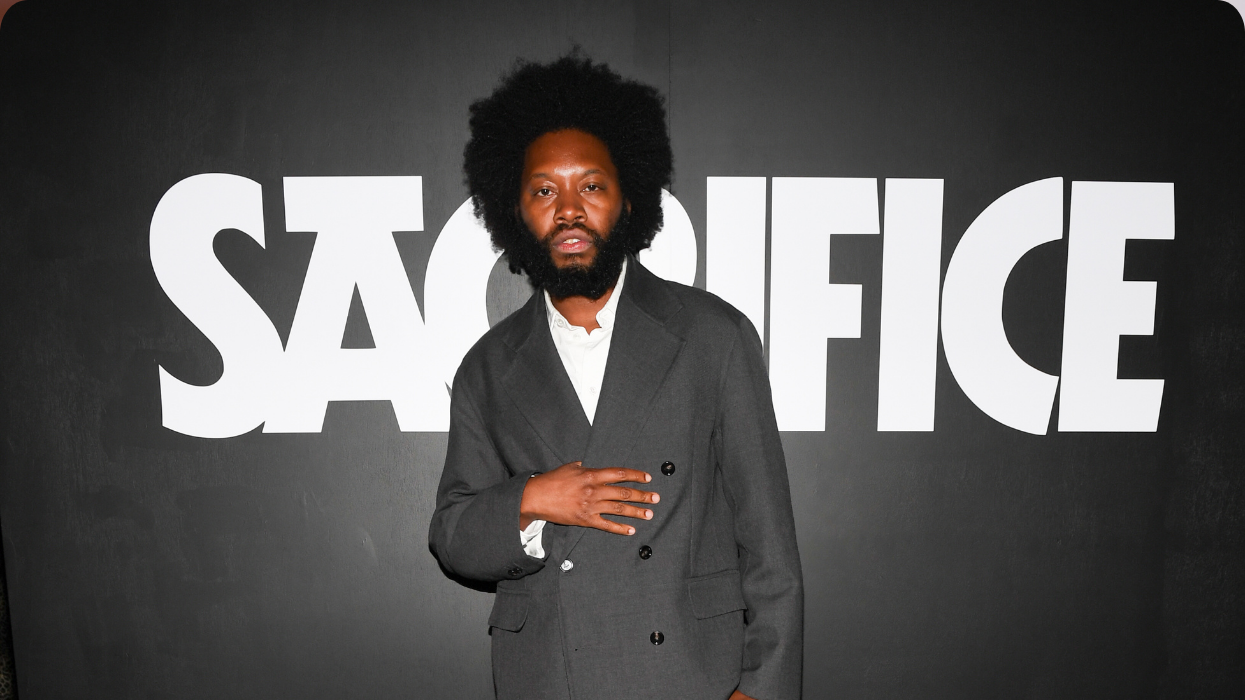
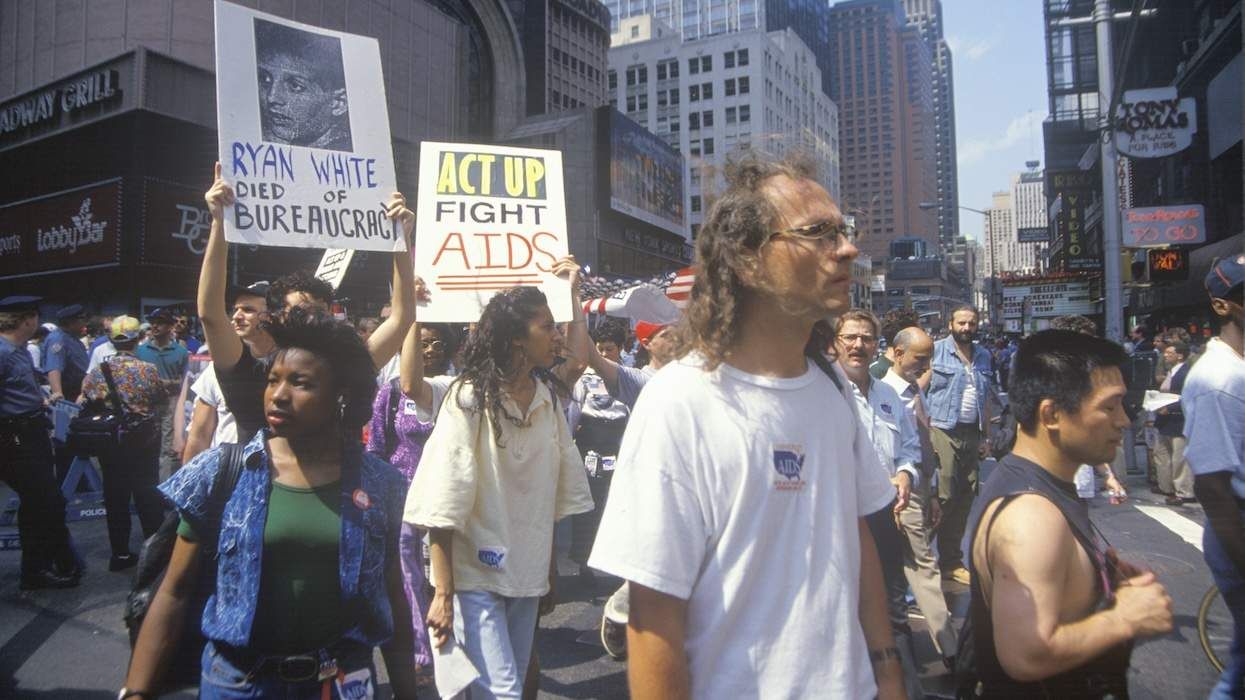
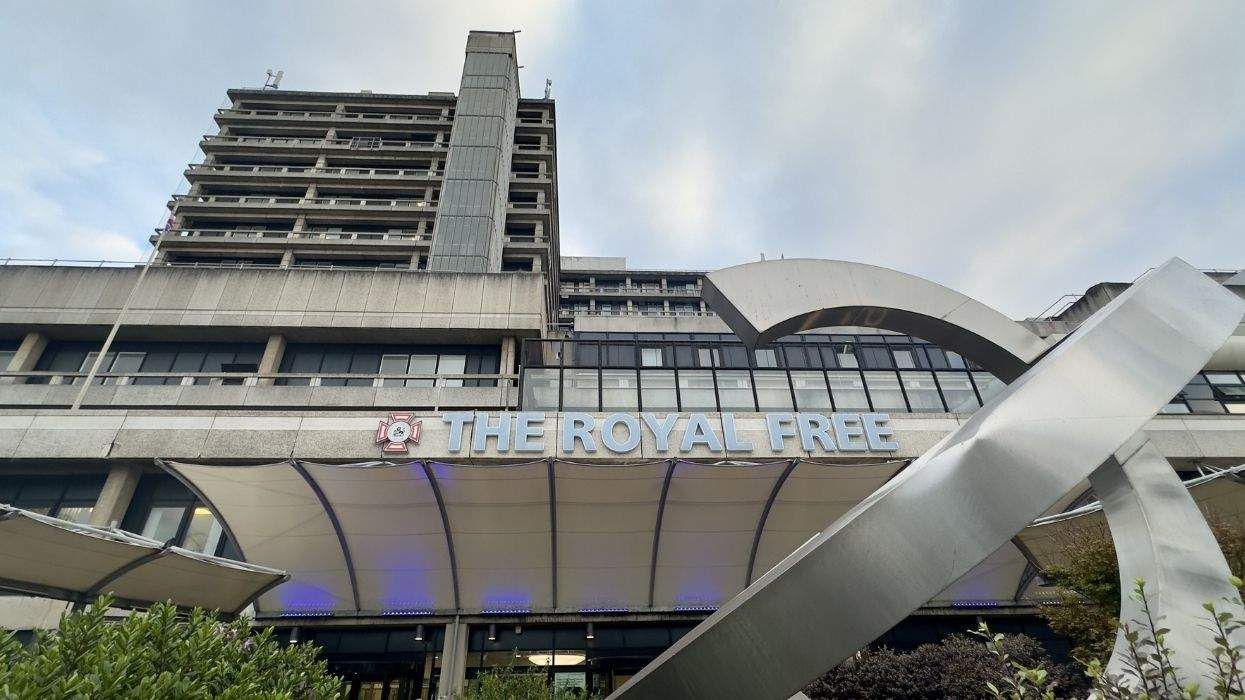

































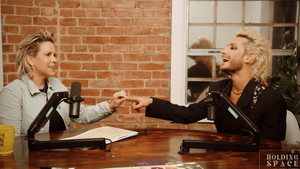






Charlie Kirk DID say stoning gay people was the 'perfect law' — and these other heinous quotes